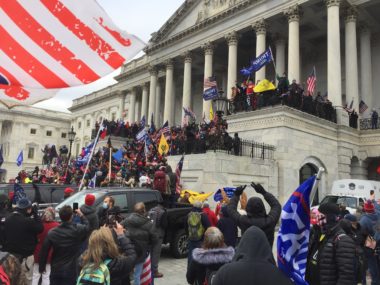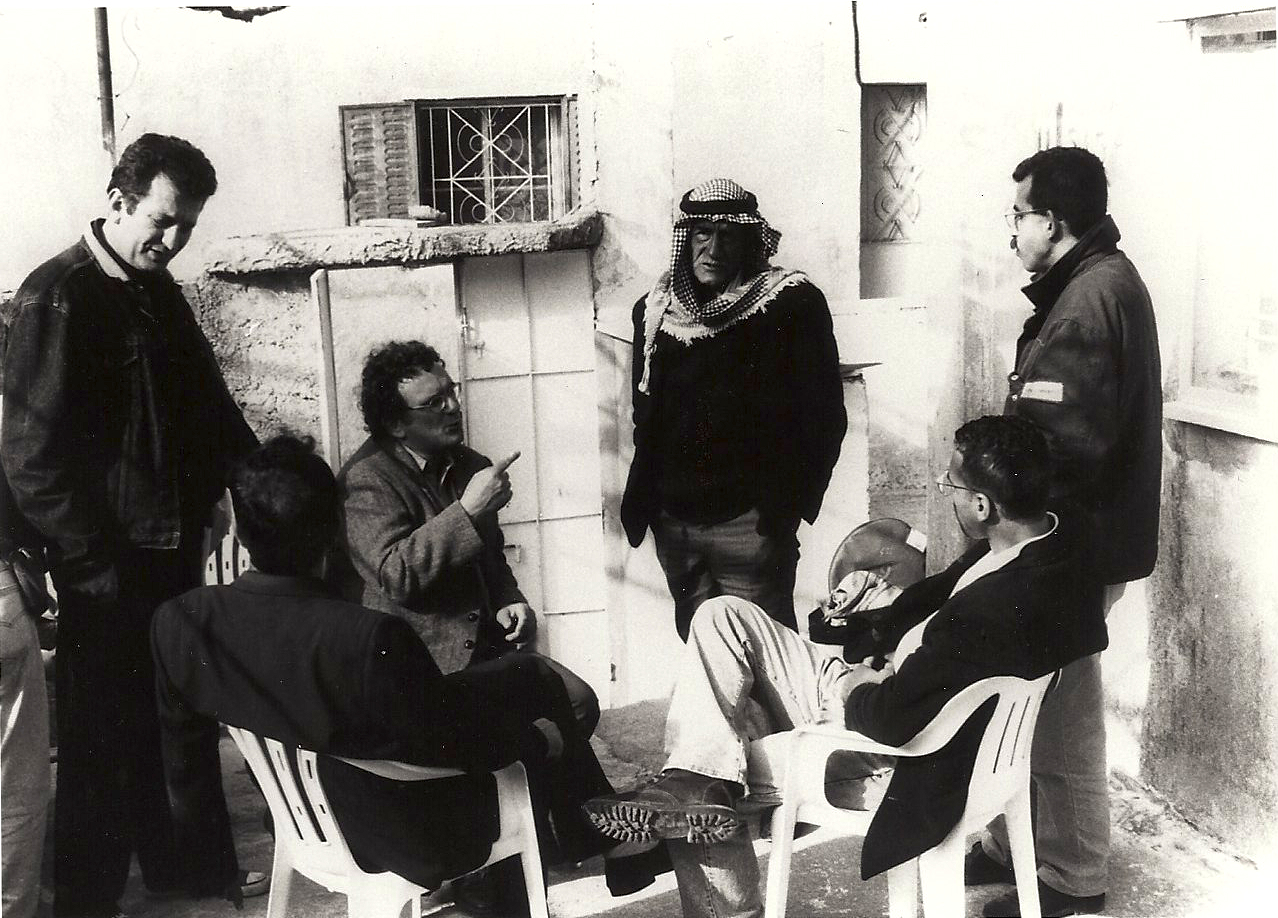
By Andrew Kydd
The gun control debate reignited by the Sandy Hook school shootings has highlighted some interesting attitudes and beliefs among a large section of the American public. An argument heard with increasing frequency in the Obama years is that the Second Amendment guarantees a right to own weapons because an armed populace is necessary to prevent tyranny. This is bad constitutional law, but is it good political science? Joshua Keating says probably not, noting that there appears to be no obvious correlation between democracy and gun ownership. My guess is that there might be a correlation between gun ownership and anarchy or weak states, but with the causal arrow running from fragmented, tribal societies to both high gun ownership — because of clan warfare — and weak states — because of lack of national sentiment among the population — but not much causation running directly between the guns and regime type, either way. After all, there is already a place where conservatives worried about tyranny can go where guns are plentiful, the government is small, and religion is taken very seriously, and it’s called Afghanistan.
But let’s take leave of reality altogether and ask whether the argument is credible even in theory. This might not seem like an important question, but it matters if one wants to think about whether gun nuts are simply mistaken, and hence amenable to reason, or whether their pro-gun views are driven by factors other than the intellectual arguments they present. So could the private possession of semi-automatic weapons prevent US government-imposed tyranny?
The answer would seem to be an obvious no if what is meant is that private citizens could effectively resist unified federal enforcement because they have AR-15s. Individually, and even in groups, citizens with semi-automatic rifles could be easily defeated by US Army, Marines, or National Guard units. These military units are comprised of young men and women who are well-trained and armed with automatic weapons, mortars, artillery, armored combat vehicles, etc. In open combat they would make short work of even a large number of middle-aged militia types. Private citizens with AR-15s would probably not even make much of a difference in a civil war fought between units of the American military with different loyalties. Only if the military refused to engage the militia units altogether could they hope to operate with any effectiveness, possibly against local police forces.
So the scenario would have to be that the federal government is attempting to impose tyranny without the support of the US military. Perhaps a tyranny-minded political party would develop a paramilitary wing, or devise an apparatus of repression within the Department of Homeland Security. This dynamic seems only to replicate the same issue on a slightly smaller scale. The fundamental problem is that any aspiring tyrant worth his salt will have much greater resources, firepower, and perhaps most important, organizational strength, than the insurrectionists. Rebels rarely win civil wars without significant external support.
That leaves terrorism. The final strategy could be that possession of AR-15s and the implicit — and in the case of James Yeager, explicit — threat of massacres could be sufficient to deter potential tyrants. The problem here is that tyrants tend to use such events as excuses to crack down and strengthen tyranny, rather than be deterred by them. Alternatively, the insurrectionist strategy could instead be provocation: to goad the tyrant into a response that reveals how tyrannical he is, which will then lead to a broad insurrection that overwhelms the government. Timothy McVeigh was thinking along these lines, although he used a truck bomb rather than a shooting spree. The Arab Spring reminds us that popular uprising can happen seemingly out of nowhere though, of course, the rebellions that succeeded were peaceful. Of the two that turned violent, Libya was only won thanks to NATO intervention, and Syria is still ongoing, despite substantial aid to the rebels from external supporters. It is unclear what external aid US gun enthusiasts can look to when they attempt to overthrow the US government.






